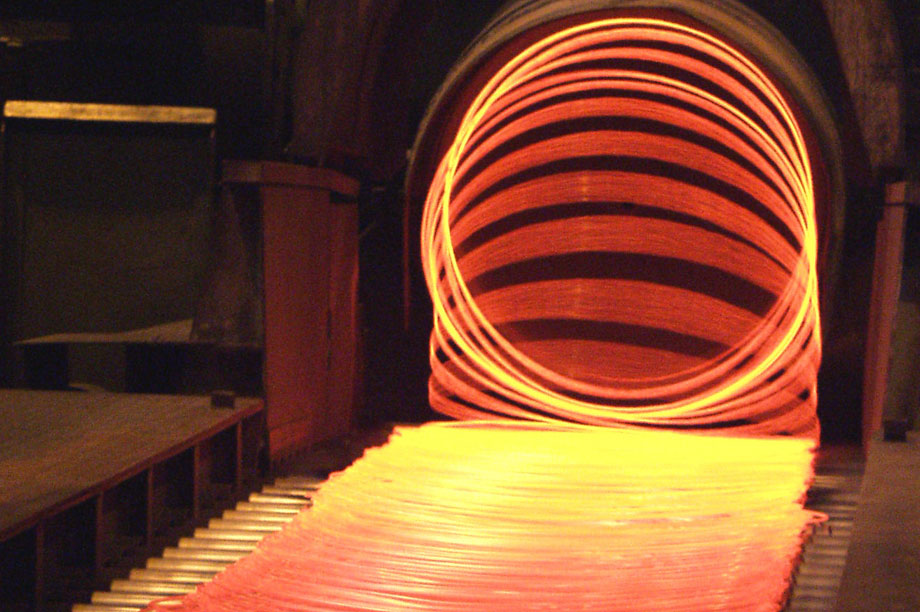The EC's competition directorate is expected to open a formal investigation this month into relief from renewable-levy payments offered to Germany's industrial sector, which may in turn lead to a deeper examination of the German renewables support mechanism.
In a worst-case scenario, wind-farm owners could even be forced to pay back FIT payments they have already received.
The problem dates back to December 2011 when the energy consumers' federation, Bund der Energieverbraucher, informed the EC of what it considers illegal privileges for energy-intensive industries in the form of much-reduced renewable energy-levy payments, claiming that Germany had failed to declare these as a form of state aid.
Smear campaign
The EC began preliminary investigations in February 2012 and subsequently charged Germany's conservative/liberal coalition government with illegally inflating the renewables levy, with the aim of driving it into discredit and getting the support mechanism eliminated.
This allegation stemmed from the fact that, while relief on levy payments was initially offered only to energy-intensive industries competing with international rivals with lower energy costs, such as steel, aluminium, paper and cement companies, it has since been pushed out to include others such as lignite mining companies, airports, public-transport companies and regional water companies.
German legal firm Becker Buttner Held warned in December that a formal investigation could end up with these industry privileges having to be altered - or even result in firms being forced to pay their waived levy contributions. On top of this, wind-farm owners could also be punished.
"If the whole German support system were overturned, in a worst-case scenario renewable plant-operators would have to pay back all their support payments," Becker Buttner Held warned in a blog.
If the levy-relief arrangements are declared to be unauthorised state aid, there is no legal protection for past arrangements, threatening huge back-payments not only for those energy-intensive firms that benefitted from levy waivers, but also for companies that have received support under the levy.
This is because assessing whether an exemption from a levy constitutes state aid would need to be considered alongside the question as to whether the levy itself is a state aid, according to the European Renewable Energies Federation. Therefore the German feed-in tariff could come under attack as well.
Independent of its German investigation, the EC is also in the process of reviewing guidelines on state aid for environmental protection.
Eligibility rules
The German government's lowering of the "hurdles" for eligibility for reduced renewable levy rates came as a result of the Renewable Energy Act revision that took effect on 1 January 2012.
The revision lowered the rate of electricity consumption necessary for relief from 10GWh/year to just 1GWh/year. The relationship between electricity costs and gross output was also changed, revised down from 15% to 14% of the company's annual gross revenues.
A renewable energy monitoring report, Energy of the future, published by the German economy and environment ministries in December, describes the extent of the privileges.
In 2011, 603 companies with a total electricity consumption of 85TWh were largely exempted from the renewables levy. In 2012, the number of companies had risen to 734, but total electricity consumption stayed at 85TWh. For 2013, 2,057 companies applied to be largely exempted from the levy, for consumption totalling around 108TWh. Exempt industry consumers save an estimated €4.7 billion.
The potentially dire consequences of the EC's investigation have led chancellor Angela Merkel and federal environment minister Peter Altmaier to comment on a number of occasions in recent months that industry's privileges must be examined afresh. A special energy meeting of federal and state government experts to discuss the issue is due to take place on 21 March.

.png)

.png)











